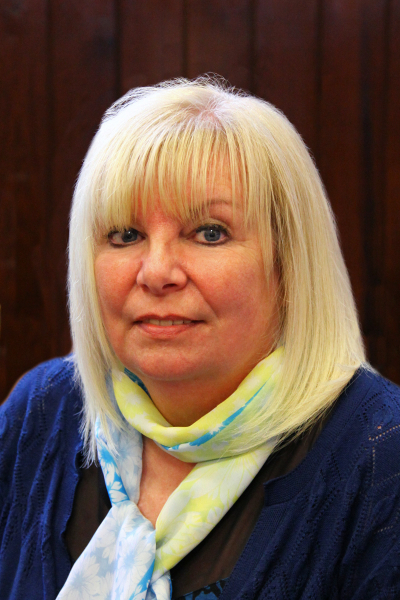Exploring the work of the World Health Organization

The study visit to the headquarters of the World Health Organization on 6 November was a very informative meeting. Together with the delegation from the European Committee of the Regions, we covered many health issues over the day.
We discussed childhood vaccinations in all the EU countries, and the fact that a programme needs to be set up in all EU countries. It was also mentioned that migrants from outside the EU who have had vaccinations in one country may then move to another EU country, and that there should therefore be a calendar of childhood vaccinations that would make sure that all children have their vaccines at the right time no matter where they live. The WHO suggests making certain vaccinations mandatory in all countries.
We discussed obesity and nutrition and the fact that the EU really needs to get a grip on this issue and curb the over-consumption of processed foods, and also to start promoting nutrition in early years education. The idea was also mentioned of encouraging people to have a plot in their gardens where they can grow fruit and vegetables.
EU countries also need to deal with the problems of smoking and alcohol consumption. There is a need for more education on these and other health issues from the early years of school so that the next generations will be better informed.
We learned that there are over 200 000 new cases of tuberculosis in the EU every year, and that an action plan is in progress. With regard to HIV, Eastern Europe has the fastest growing number of cases in the world: the numbers are staggering! Around 15 million people in Europe have contracted hepatitis C, only 3% of whom have actually received any treatment for it.
We discussed antibiotics, how they are becoming increasingly ineffective, and how researchers are creating new ones to help cope with health problems in the world, where antibiotics are really needed to treat disease.
Action needs to be taken to stop travellers bringing diseases back into their countries.
The WHO is encouraging all countries to create walkable, bikeable, liveable streets in their towns and cities.
Metal health is a major issue: suicide numbers in particular are staggering, with nearly a million people worldwide taking their lives each year! We were told that, for every one of those million people, another 20 people are thinking about taking their lives too. We must address this as soon as possible.
Mental health really needs to be a priority in every country of the world. We understand the issues more now and we need to take action;
I came away with a book called Preventing Suicide: a community engagement toolkit, which I read on the way home. It is an amazingly informative booklet on how to set up a group of people to work on the issue, including the police and fire services, health services and community mental health groups etc., and people in the community who have experienced suicide in their families.
I have already had discussions on setting up such a group in my area, including the wider area so we have the clout to actually make a difference and to ensure we reach the people who are in need of help and support.
I encourage every one of you to get this booklet for your communities. You can contact Dr Shekhar Saxena, Director of the Department of Mental Health and Substance Abuse at the World Health Organization's headquarters in Geneva.

